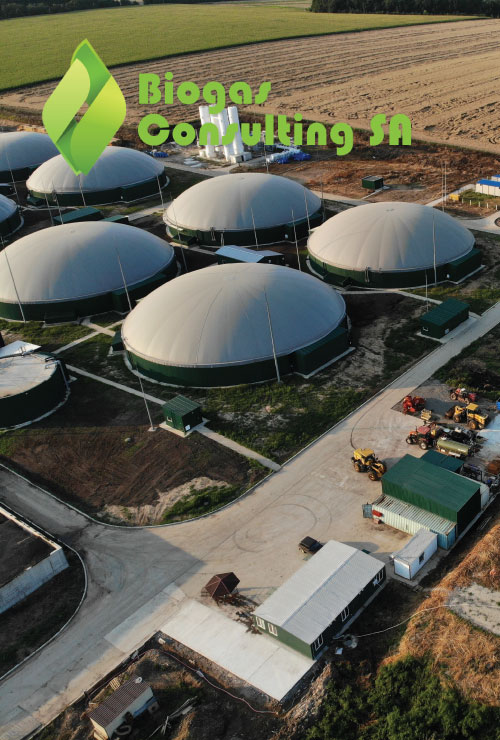
Consulting services
Biogas Consulting SA offers a professional consulting service to address any issues related to organic waste management challenges.
Since 2008, Biogas Consulting SA has actively engaged in the waste-to-energy sector, with a particular emphasis on biogas. Throughout our journey, we have amassed extensive experience and knowledge related to the development of biogas projects within the intricate South African framework.
We offer consultancy services to a diverse spectrum of clients, providing them with sustainable solutions for the efficient management of their organic waste. Our primary objective is to convert this waste into energy, while also offering alternative waste effluent management solutions. We possess specialized expertise in the agricultural sector and the food processing industry, enabling us to deliver tailored solutions that meet the unique needs of our clients.
Small scale biogas digesters
We offer a range of digester solutions for homes, schools and small farms.
Converting food waste or other organic materials into energy and high-quality organic fertilizer offers an excellent solution for managing household-level organic waste. Small-scale biogas digesters prove not only efficient for domestic use but are also suitable for small holdings, schools, restaurants, as well as local communities and informal settlements. However, a significant barrier to their widespread adoption is the high installation cost associated with suitable biogas digesters. Globally, the proliferation of small-scale digesters has often been supported by various forms of financial incentives such as subsidies, grants, and other support programs.
In South Africa, the availability of such support is notably limited, which contributes to the country having fewer than a thousand small-scale digesters. The majority of these projects have been made possible through corporate social investment programs or international grants.
Despite these financial hurdles, installing a biogas digester is among the most sustainable methods for small-scale organic waste disposal. It offers a source of energy for cooking, presenting a viable alternative to fossil fuels. For rural households, this technology is especially beneficial as it eliminates the need for indoor wood burning, thereby addressing significant health and safety risks associated with open fires and smoke inhalation.
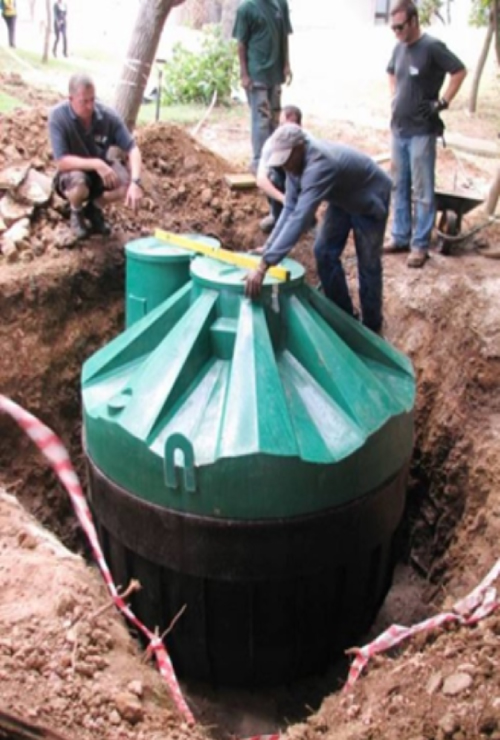
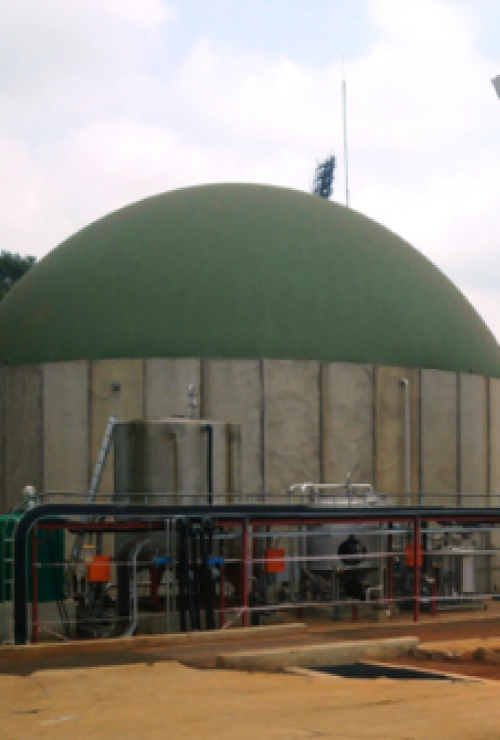
Industrial scale biogas projects
We provide turn-key solutions for the development of industrial scale biogas projects. The development of any large-scale industrial biogas project hinges primarily on two key factors: the availability of appropriate organic waste and the financial viability of the project, which assesses the balance between capital costs and potential income.
A biogas project cannot proceed without access to a sufficient supply of organic waste, which must meet specific standards of quantity, quality, and long-term availability. These criteria will influence the potential biogas yield, dictate the design of the plant, and ultimately, determine the project's cost.
The primary source of income for the project comes from the sale of biogas, whether utilized for electricity, thermal energy, or converted into biomethane (and possibly CO₂). There is also the potential to generate additional revenue from selling the digestate as organic fertilizer or by securing some form of carbon credits.
The financial viability of biogas projects ultimately relies on whether the potential for income generation, when weighed against the total investment required, achieves a return on investment that is acceptable to the project's stakeholders.
Biogas Feasibility Studies:
We conduct the full range of feasibility studies related to waste-to-energy projects.
We undertake the full range of biogas related feasibility studies, from initial scoping studies, to compiling comprehensive bankable feasibility studies to suit the requirements set by financiers. Our expertise covers the full spectrum of waste-to-energy applications from small scale domestic applications and community based projects, to large industrial scale projects.
We have also conducted numerous studies and reports for institutions such as UNIDO, UNDP, GIZ and various municipalities and government departments.
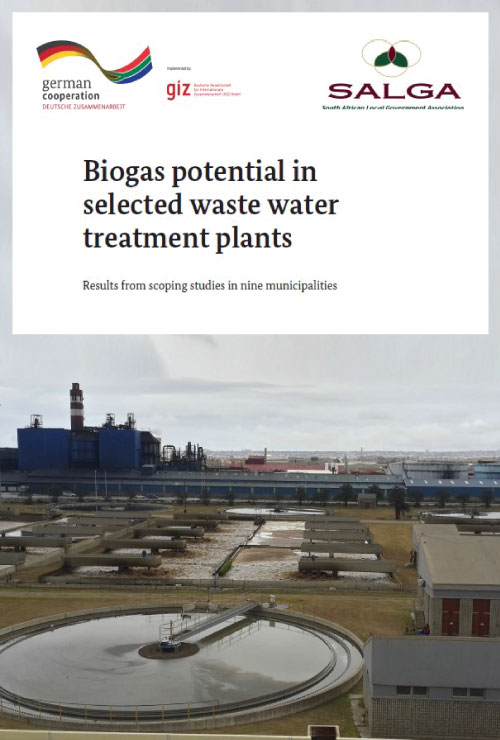
Biogas Training and Workshops:
We provide all levels of training related to biogas.
BiogasSA is actively involved in the promotion of the biogas industry in South Africa. Over the years we have developed and presented numerous informative workshops and training programs. We have also been involved in the development of an accredited biogas training program for the NCPC/CSIR (https://www.industrialefficiency.co.za/biogas-systems-optimisation). Mark Tiepelt is currently one of only two fully accredited trainers for the NCPC Biogas Expert Course.
We regularly host our popular 1 day, online ‘Biogas Project Developer’s Workshop’.
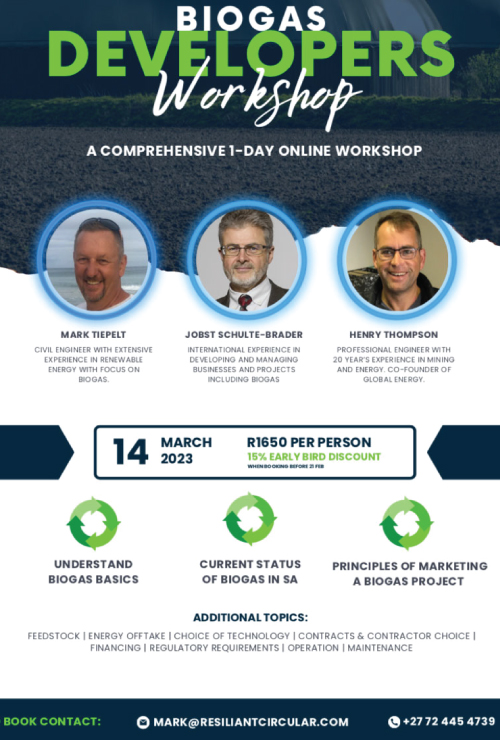
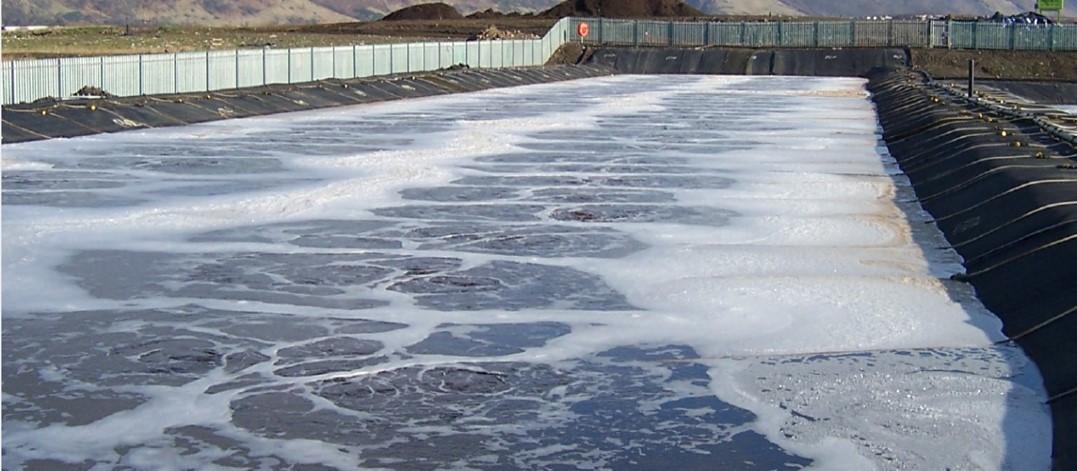
Effluent management systems
We offer alternative solutions for our clients when a biogas digester is not the most viable solution. Anaerobic digestion through the installation of a biogas plant is one way to manage organic waste. It is however a capital intensive option and requires a minimum quantity of organic waste per day for the project to reach financial viability. There are alternative options to manage effluent, especially in the agricultural sector where the primary waste is manure slurry. Manure is normally managed through a system of settlement ponds, which are often inefficient and can produce challenges in terms of odour control.
BiogasSA offers a super-efficient solution based on the installation of a micro aeration system which manages the breakdown of microbes aerobically rather than anaerobically. The patented Dryden Diffuser system can be retrofitted cost effectively to an existing effluent pond eliminating odours and reducing the COD.
The Dryden system was installed to address the natural disaster in the V&A Waterfront in Cape Town, when nearly 400t of fish died in a basin and started decomposing. Eventually all life in the basis started dying due to the low oxygen content (eventually below 2%), which also created a very bad odour. Within 2 weeks after the Dryden System was installed the oxygen content was increased to 70%, the water clear and smell removed.
Please watch the video for more info
